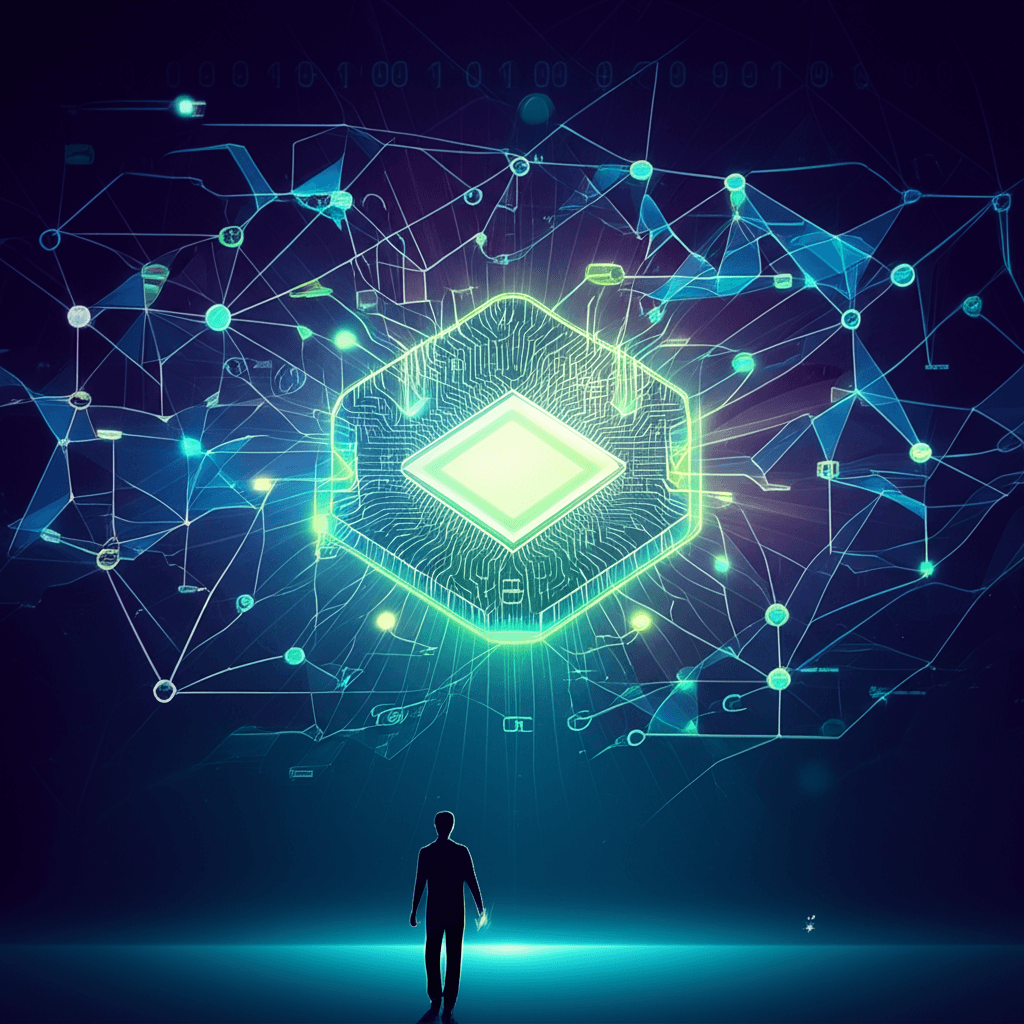Microsoft Consolidates GitHub into CoreAI, Eliminating CEO Role
With its CEO departing for a startup, GitHub dissolves the top role for deep integration into Microsoft's AI core.
August 11, 2025

In a significant leadership transition for the world's largest software development platform, GitHub Chief Executive Officer Thomas Dohmke has announced he will be stepping down from his role.[1] Dohmke plans to depart by the end of 2025, driven by a desire to return to his entrepreneurial origins and launch a new startup.[2] The move coincides with a major organizational restructuring that will see GitHub integrated more deeply into its parent company, Microsoft, by becoming part of the CoreAI organization. In a departure from traditional corporate succession, Microsoft will not appoint a direct replacement for Dohmke.[3][4][5] Instead, GitHub's existing leadership team will be absorbed into Microsoft's broader structure, reporting to several different executives within the technology giant.[3] This transition marks a new chapter for GitHub, signaling a strategic shift that further intertwines its future with Microsoft's overarching artificial intelligence ambitions.
Dohmke’s tenure as CEO, which began in November 2021, has been defined by a profound focus on integrating artificial intelligence into the developer workflow.[6][7] A German native with a PhD in mechanical engineering, Dohmke's journey in the tech industry includes co-founding the mobile app testing platform HockeyApp, which was acquired by Microsoft in 2014.[7][8] This acquisition brought him to the United States and into the Microsoft ecosystem, where he played a key role alongside former CEO Nat Friedman in facilitating Microsoft's landmark $7.5 billion acquisition of GitHub in 2018.[2][9] As CEO, Dohmke championed the development and launch of GitHub Copilot, an AI-powered code completion tool that has become one of the most widely adopted AI developer tools globally.[7][10] Under his leadership, GitHub has seen immense growth, now hosting over 150 million developers and more than one billion repositories.[2] Dohmke has been a vocal proponent of AI's potential to revolutionize software development, often speaking about a future where AI agents handle the bulk of coding, allowing human developers to focus on higher-level architecture and verification.[11][12]
The decision for Dohmke to leave and pursue a new venture reflects a recurring theme in his career. In an internal memo to staff, he expressed that his "startup roots have begun tugging on me."[2] This entrepreneurial spirit was evident in his creation of HockeyApp, a tool born from identifying and solving pain points for developers.[7] While details about his new startup remain under wraps, his recent focus suggests it will likely operate within the burgeoning AI landscape. Dohmke has recently commented on the limitations of startups built solely with AI coding assistants, emphasizing the continued need for skilled human developers to build complex, scalable systems that can attract significant investment.[13] This perspective suggests his next venture may aim to address the more nuanced challenges of AI-driven software development. Dohmke will remain at GitHub through the end of 2025 to ensure a smooth transition.[1]
The future of GitHub will be markedly different without a dedicated CEO. The platform's integration into Microsoft's CoreAI division, led by Jay Parikh, places it at the center of the company's strategy to build an end-to-end AI stack.[3][14] This division unifies key teams, including the AI Platform and developer-focused groups, with the mission of accelerating the creation of AI applications and agents.[15][16] GitHub Copilot is a central component of this strategy, creating a tight feedback loop between the leading AI-first product and the underlying AI platform.[14][16] The new reporting structure will see GitHub's revenue, engineering, and support functions reporting to Julia Liuson, the head of Microsoft's developer division, while the chief product officer will report to Asha Sharma, Microsoft's AI platform vice president.[3] This arrangement suggests a move away from the considerable independence GitHub has enjoyed since its 2018 acquisition, pointing towards a tighter alignment with Microsoft's product and sales strategies, particularly for its Azure cloud platform and expanding suite of AI tools.[3][17]
The implications of this transition extend across the AI and software development industries. For developers, the deeper integration into Microsoft's CoreAI division could mean an accelerated pace of AI-driven feature development within GitHub. The focus on creating an "AI-first app stack" promises new tools and runtimes for building with AI agents, potentially reshaping the entire software development lifecycle.[16] However, the dissolution of the CEO role and the platform's absorption into Microsoft's corporate structure may raise questions for the open-source community about GitHub's continued autonomy and its "developer-first" ethos, which Dohmke frequently championed.[18] For the broader AI industry, Microsoft's move signals a doubling-down on its platform strategy, leveraging GitHub's vast user base to drive adoption of its AI tools and infrastructure. As the industry races towards a future where AI is not just a feature but the core of software itself, GitHub's new role within Microsoft positions it as a critical engine for that transformation.
Sources
[2]
[5]
[8]
[9]
[10]
[11]
[12]
[13]
[14]
[15]
[16]
[17]
[18]